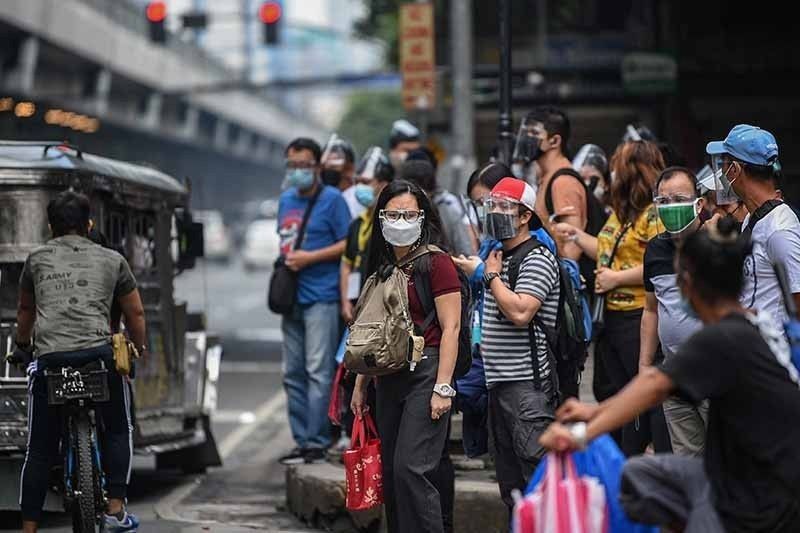DOH: Variant from Mauritius detected in Philippines

MANILA, Philippines — One case of B.1.1.318 the new variant first reported in Mauritius in June, has been detected in the country, the Department of Health (DOH) said yesterday.
The case is a 34-year-old male whose sample was taken last March 10 from the Philippine Red Cross laboratory.
“He has history of travel in the United Arab Emirates and he arrived in the Philippines on March 5. His date of recovery is March 21 and his local address is Bacolod City in Negros Occidental,” DOH Undersecretary Maria Rosario Vergeire said.
According to Vergeire, the Philippine Genome Center (PGC) had found the B.1.1.318 case from the 746 swab samples that were sequenced on Oct. 22.
These specimens were collected in March, April, September and October as part of the “retrospective” sampling being done to trace the beginning of Delta variant in the country.
According to Vergeire, the Delta sub-variant or B.1.1.318 was designated by the World Health Organization as a “variant under monitoring” last June 2.
“There is no cause to panic but we should remain vigilant by strictly following the minimum public health standards,” she said.
It was initially detected in Mauritius in a cluster of 120 COVID-19 cases. It has 14 mutations in its spike regions, which were also seen in both Delta and Beta variants.
The WHO and other international experts are studying the impact of the variant on the transmission of COVID-19 and the efficacy of vaccines against it.
Aside from B.1.1.318, the PGC also detected 380 cases of Delta variant, 166 cases of Beta variant and 104 cases of Alpha variant.
Vergeire said Delta variants remain to be the “most common lineage” detected, accounting for 30 percent of all sequenced samples. Of the 17,893 samples sequenced, 15,882 samples were found to have variants or lineages.
Proactive measures
National Task Force against COVID-19 chief implementer Carlito Galvez yesterday said ‘proactive measures’ have enabled the country to defeat the highly transmissible Delta variant.
At the height of the Delta variant transmission, Galvez said the government scaled up hospitalisation and treatment capacity and intensified the “prevent-detect-isolate-treat-reintegrate” strategy to prevent community transmission and surge.
“That’s how we have done it and now we are trying to hire more health care workers so that we can prevent or even prepare for the upcoming surge. As much as possible, we are trying to prevent it from happening again,” Galvez said.
“We are focusing ourselves on the massive vaccination of our population. Our strategy is vax to the max,” he added.
- Latest
- Trending




























